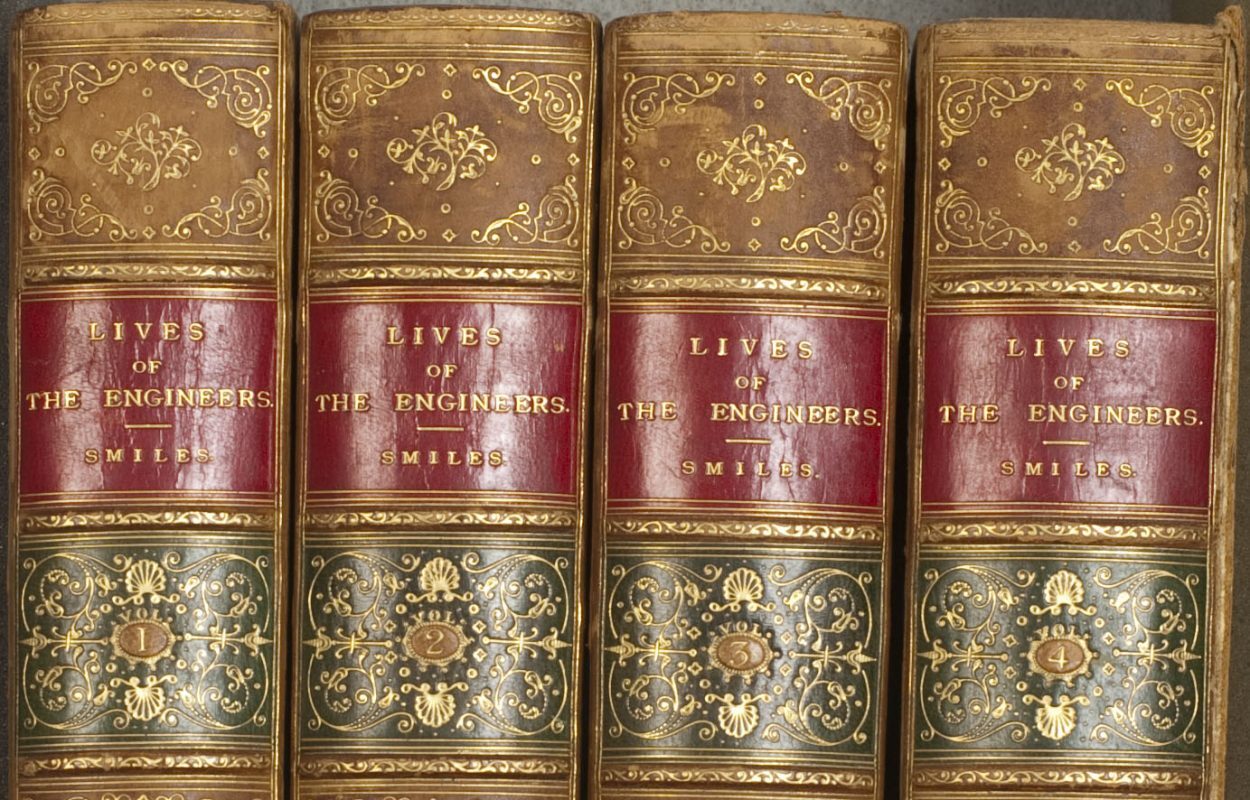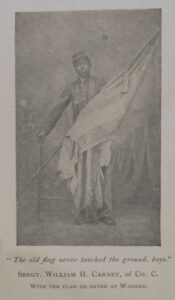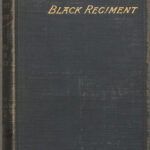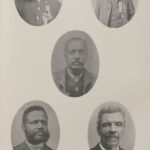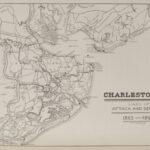Originally published as A Brave Black Regiment, this account of the 54th Massachusetts Volunteer Infantry tells the story of one of the first all-black regiments to fight for the Union in the Civil War. The story is familiar to many, as the letters of the regiment’s commander, Colonel Robert Gould Shaw, were the screenwriter’s primary source for the acclaimed 1989 film Glory. The most important piece of public art in the city of Boston also takes the 54th as its subject: Augustus Saint Gaudens’ Robert Gould Shaw Memorial, situated on Beacon Street directly across from the Massachusetts State House.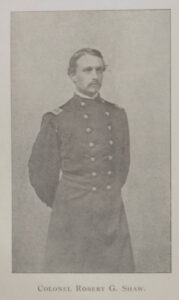
Following the request of the Association of Officers of the 54th Massachusetts Volunteer Infantry, this new edition was augmented with an account of Confederate treatment of black prisoners. “Therein,” the author writes of the official documents produced in 1867, “will be found the fearful record which indisputably convicts the Confederate authorities of wilful neglect of the dictates of a common humanity, as well as of the setting aside of international law, the violation of cartels, and the suspension of exchanges to compel the United States government to abandon to the merciless adversary a class of persons it had taken into its armies.”
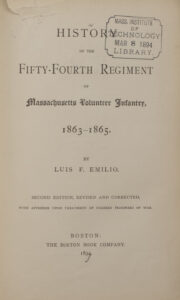 The book was published in Boston and printed right here in Cambridge; MIT accessioned it on 8 March 1894. The Institute had been teaching courses in the humanities since classes began in 1865, but a separate Humanities Division wasn’t established until 1932. Nonetheless, in 1894, the library thought it worthwhile to purchase a copy of this book – when local black history was, to put it mildly, underrepresented in libraries throughout the country.
The book was published in Boston and printed right here in Cambridge; MIT accessioned it on 8 March 1894. The Institute had been teaching courses in the humanities since classes began in 1865, but a separate Humanities Division wasn’t established until 1932. Nonetheless, in 1894, the library thought it worthwhile to purchase a copy of this book – when local black history was, to put it mildly, underrepresented in libraries throughout the country.
We can assume, however, that MIT’s founder, William Barton Rogers, would have encouraged such an acquisition. In a letter to his brother dated 16 August 1863, Rogers confided his feelings about America’s black soldiers: “In every field where coloured troops have been engaged, whether on the Southern seaboard or on the Mississippi, they have shown a capacity for fighting equal to that of the same number of white troops. The talk of their cowardice and savagism has, therefore, wholly ceased … Is not this a grand step forward for humanity?”
